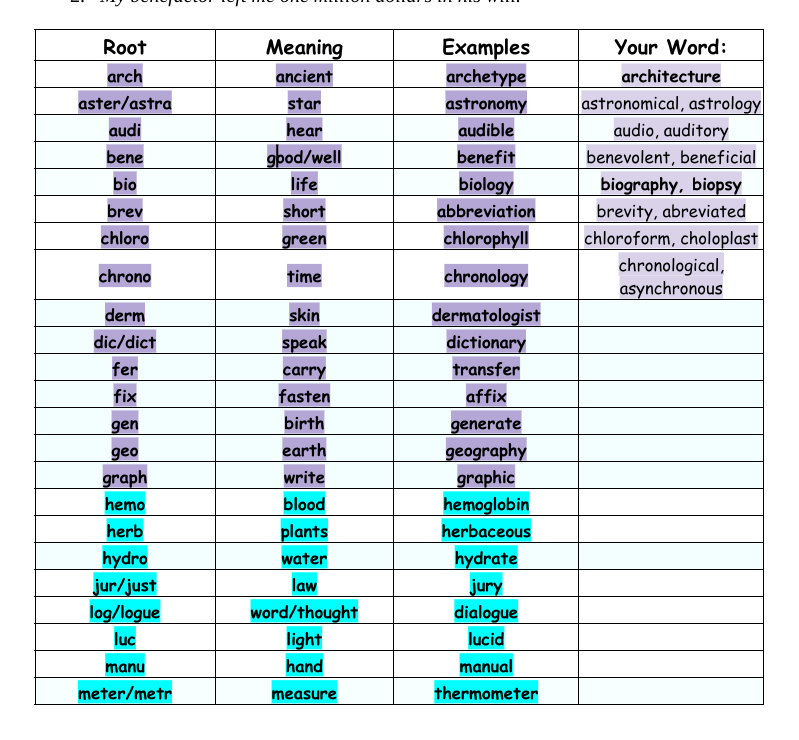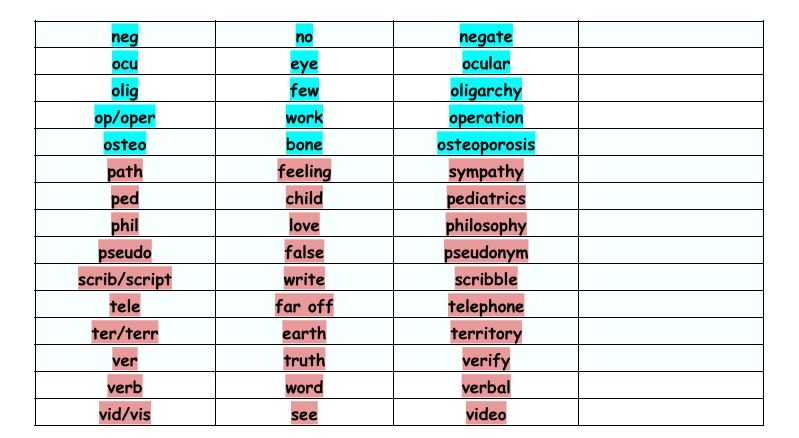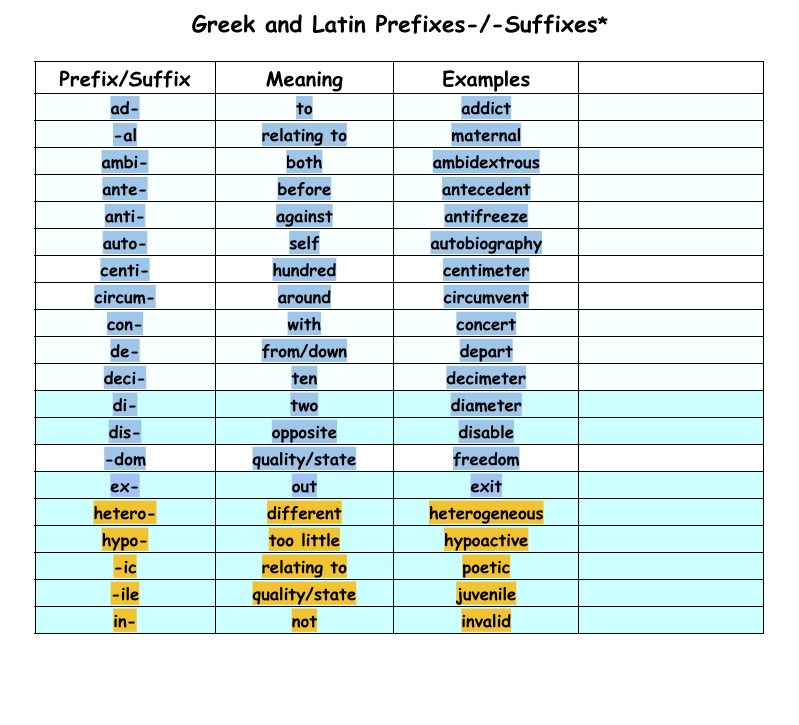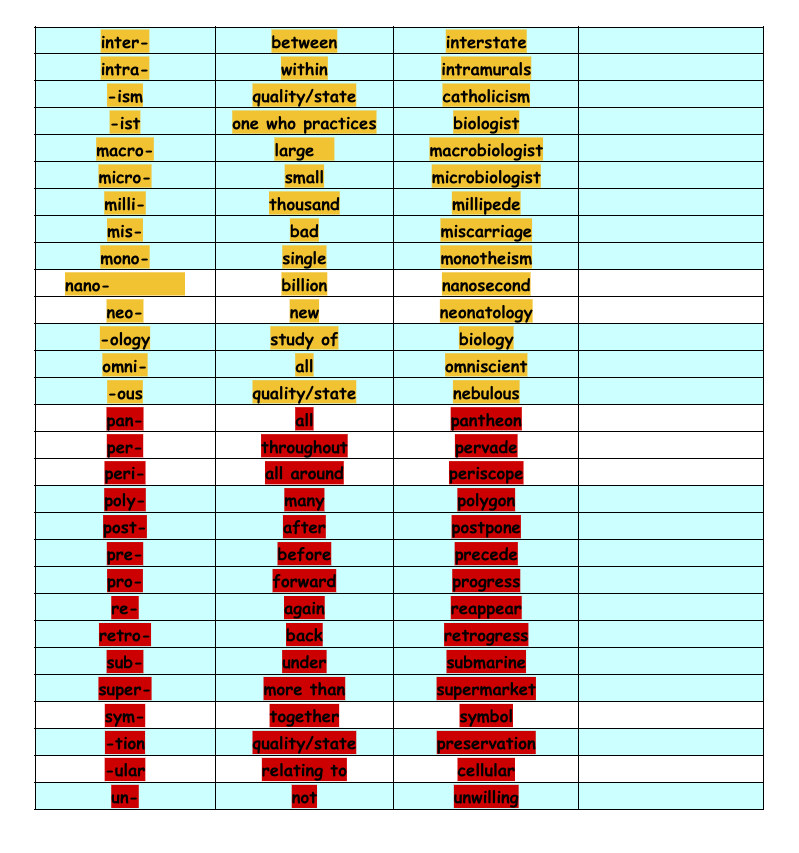English- Mrs. Moore-Final Study Guide- Literary Elements and Terms
1/30
Earn XP
Name | Mastery | Learn | Test | Matching | Spaced |
|---|
No study sessions yet.
31 Terms
Characterization
The construction of features that make up a character.
Direct Characterization
Characterization of a character described by the author through physical descriptions or what they like to do.
Indirect Characterization
Characterization inferred through the characters actions, thoughts, or speech.
Flat Characters
Two dimensional-Rarely complicated-A few simple character traits
Round Characters
Contains complexity-Contains depth-Easier for the reader to sympathize and associate with
Static Characters
Stays the same throughout story-Little to no change
Dynamic Characters
Shifts and changes in either personality or perspective-Undergoes important inner changes-Inner values change
Asyndeton
A sentence lacking conjunction - no “and”
Polysyndeton
A sentence with conjunction separating many ideas “and”. (we use the “and”s to tie the story together)
Simile
A comparison of dissimilar things, using “like” or “as”
Metaphor
A direct comparison of dissimilar things without using “like” or “as”
What are the five types of sense imagery?
visual (sight), auditory (hearing), olfactory (smell), gustatory (taste), and tactile (touch).
What is an allusion and what are three types of allusions?
An indirect reference - historical, biblical, literary
Story Arc
Refers to the narrative structure or progression of a story (beginning, middle, end)
Exposition
The start of a story, the characters and setting and described.
Rising Action
Series of incidents that build up to the climax, or apex
Climax
The highest point of a story, it usually gets the most intense and culminating
Falling action
Nearing the end of the story, what the characters do after the climax
Resolution
The end of the story, everything gets put together and resolved (Denouement)
Verbal Irony
When someone says something out loud but means the opposite or something different.
Situational Irony
Refers to a situation in which the outcome is contrary to what was expected or intended.
Dramatic Irony
a literary device where the audience or reader knows something that the characters in a story do not.
Unreliable vs Reliable Narrators
Unreliable narrators are characters who provide a biased account of events. Reliable narrators are trustworthy and provide an accurate account of events.
Hyperbole
A figure of speech that involves exaggeration for emphasis or dramatic effect. “The cat was as fat as an elephant”
Tone of Voice of the Narrator or Speaker
emotional connection they create
Mood
the feeling that the text makes the reader experience
Embedding quotes
Introduce the quote and write the quote in quotations
Provide the author's name and the page number
Analyze or discuss the quote
Connect the quote back to your main idea or thesis statement.
Ex: When Esperanza was crying in the Monkey Garden, she felt as if she, “wanted to die,” (Cisneros 104) and attempted to will herself to stop breathing, showing a loss of innocence for Esperanza’s character.
Paraphrasing sections of a story
Involves restating the original text in your own words while maintaining the same meaning.

Greek and Latin Roots
Study with Sheet!


Greek and Latin Prefixes and Suffixes
Study With Sheet!

signal phrase
When you use a word to cue up a sentence a character says. (when esperanza explains," “…”)